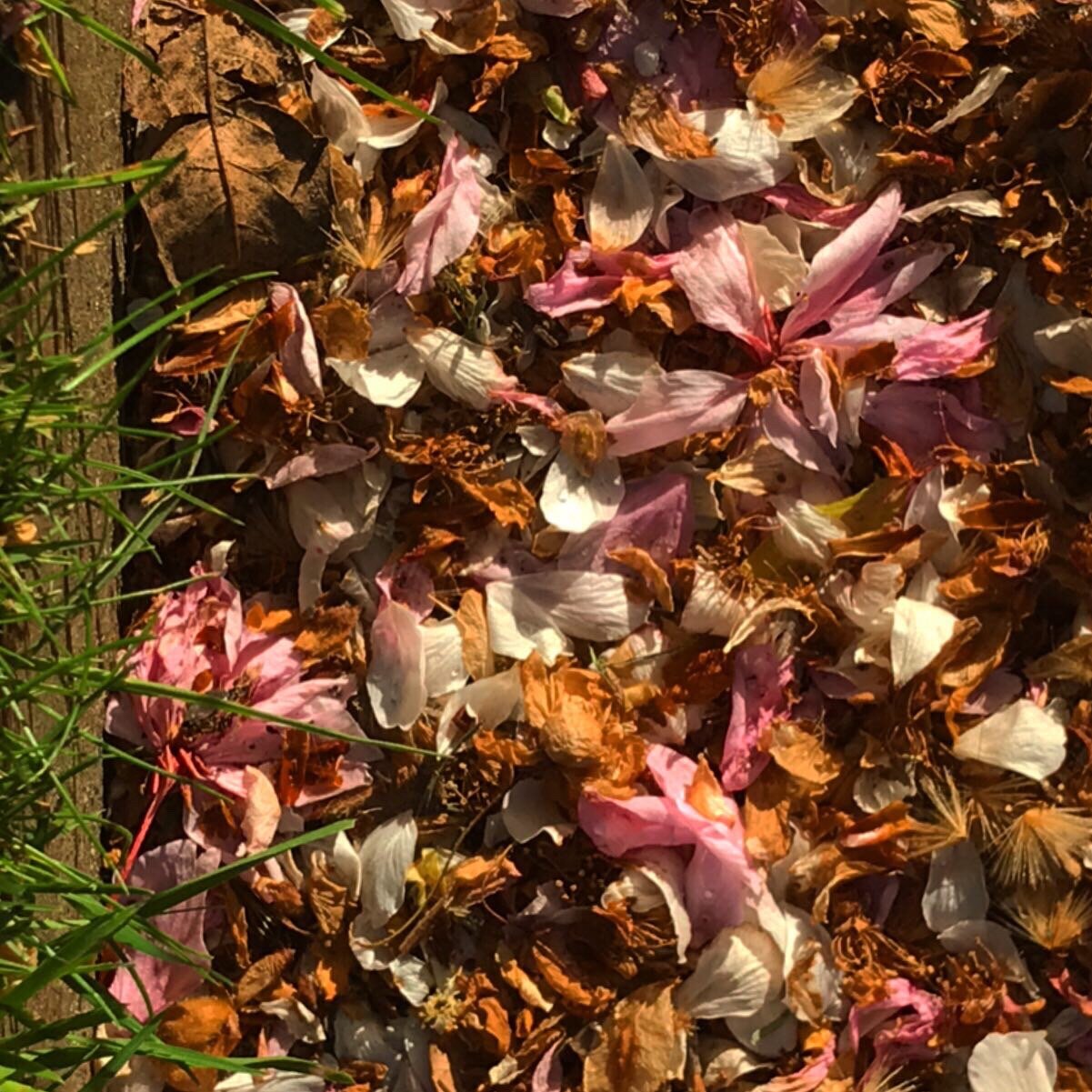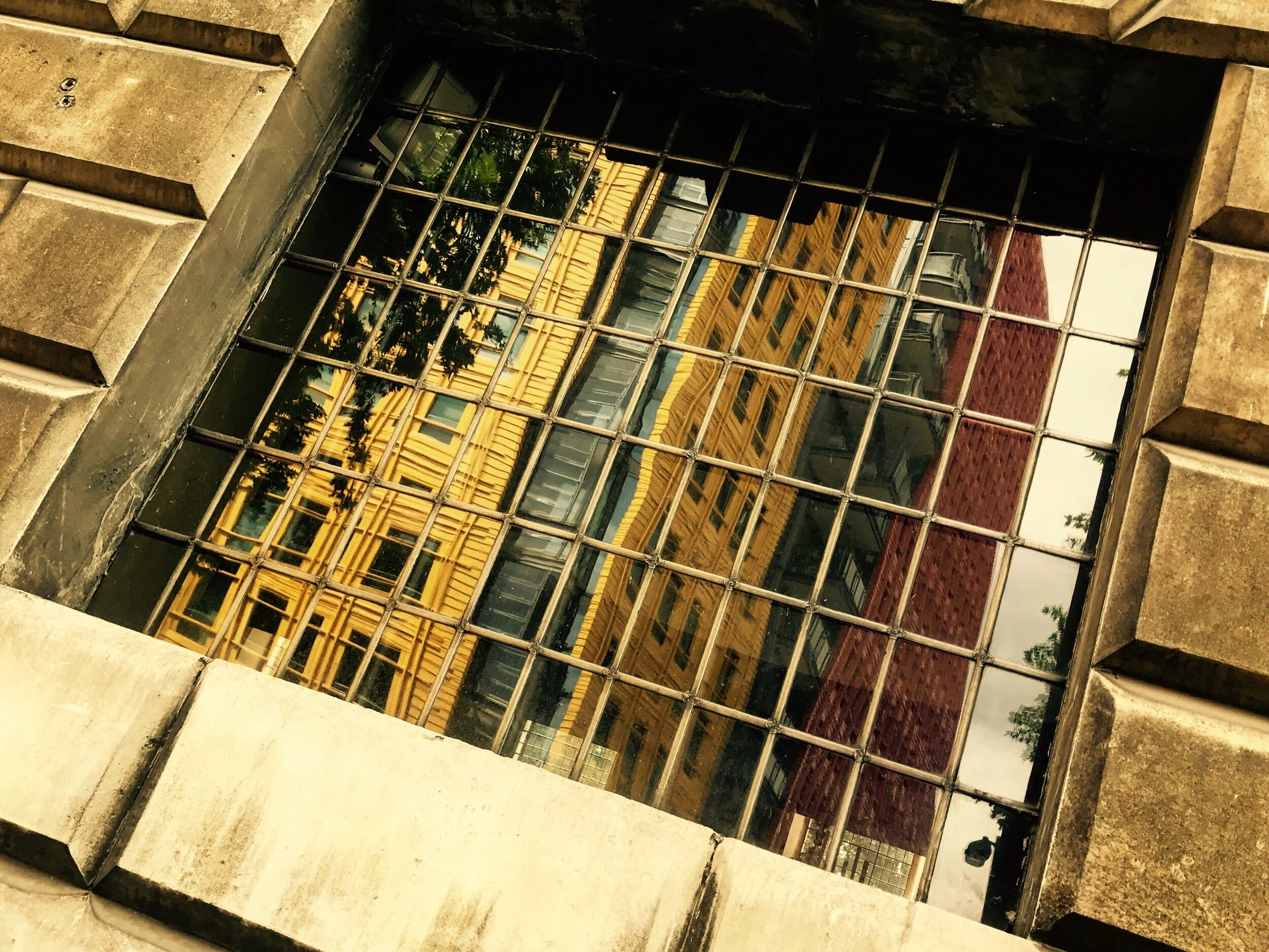VIA VIEW: Marie Kondo's Life-changing magic of tidying
I’ll admit I was both intrigued and sceptical when I picked up my copy of “The life-changing magic of tidying”. Surely there can’t be that much to it can there? But having sold millions of copies perhaps Marie Kondo is onto something.
Flipping the book over Kondo claims that successful tidying won’t just transform your space “… it will change you too. You will feel more confident, become more successful and be motivated to create the life you want”. Ok - maybe I am on board!
The KonMari method works according to some key principles: tidying by category, storing items properly and discarding what doesn’t ‘spark joy’. Tidying bit by bit is discouraged and instead Kondo suggests making time for a big tidying ‘event’. So what is it about this approach that makes it so transformational?
Tidying by category is not the quickest. Kondo suggests you pull all your books together before you even start tidying. Not a shelf by shelf approach but all-in! From here you make a conscious decision as to which to keep and which to discard looking at all of the books you own in one go. Our brains don’t like these kind of slow solutions. We’re hard-wired to get from A to B as quickly as possible and this is long-winded. By pushing our brain out of its comfort zone we’re forcing it to make different decisions. Doing things differently is in itself an evolutionary act so the KonMari method actively makes us use new parts of our brain when tidying up.
Storing items properly isn’t that controversial a topic until you delve into what Kondo is actually saying. Clothes for example - there’s a very specific way to fold your clothes that doesn’t just tidy up your wardrobe but is a more sensitive approach to storing fabrics in the way they want to be treated. The KonMari method says we should hang clothes that look like they would be ‘happier’ hung up. Now I don’t think my clothes have feelings - but I do think I default to doing things the same way I always have. This approach makes us challenge ourselves and open up our minds to see the subtle differences that need us to adapt. If we do this through life we spot opportunities to do things better
Discarding what doesn’t spark joy was an area I’d already heard of before I started reading - I mean it had moved into meme territory pretty quick. But despite the fact we know our things are just inanimate objects we do attach meaning to them. Our brain doesn’t see a bracelet we’ll never wear, it sees those holiday memories. Nor does it see that jacket still with the price tags on but instead the shame of a misjudged purchase. Handing our emotions is something we all do as we aim to be as happy as we can be. Kondo is shrewd to observe that we mis-associate happiness with holding onto items for too long and encourages us to thank the items before letting go. This ‘thanking’ creates closure, allowing us to accept and move on. Of all the approaches this one has been the most divisive and I’ve seen it ridiculed. But our brain seeks closure and happiness and the KonMari method acknowledges these wisely by surrounding us with things that make us feel happiest and neatly allowing us to accept those we’re discarding. Imagine if we did this with everything in life!
Kondo includes client testimonies with bold statements. Since she tidied their homes her clients have claimed to have increased sales, got on better with their partners and even lose weight. I won’t lie my gut instinct was to challenge this as an extreme result of tidying, but is there not some truth in this? The 3 principles link to many Emotional Intelligence and Personal Growth theories and whilst I don’t think tidying alone can change your life there is certainly a lot to gain by opening ourselves up to new approaches and pushing ourselves to do something different
I’m off to do some folding….






